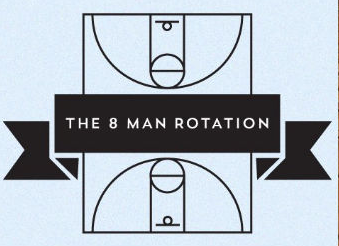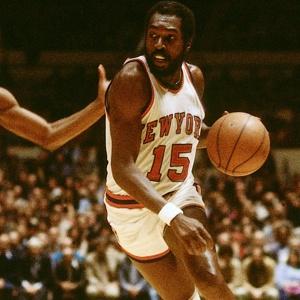If you want more leaders, you have to let them lead
The NBA Finals are underway, and as I write this post the San Antonio Spurs are still enjoying a 1-0 series lead, primarily due to the steady play of their veteran stalwarts, Tim Duncan and Tony Parker. Parker, their point guard hit a remarkable shot near the end of the game to put the Spurs in a commanding position, and Duncan shook off a bad start to put up 20 points and 14 rebounds and contributed all-around solid play.
These two players, (along with Manu Ginobili), with a combined 10 championships between them, have formed the core, of one of the most auspicious franchises in all of professional sports. Throughout the Spurs run of success there has been one more constant - the Spurs long time coach Gregg Popovich. Popovich has been at the helm of the Spurs since the late 1990s, (an amazingly long tenure in the coaching world), and has helped build and lead the Spurs to four titles, (going for number five as we speak). 'Pop' has been successful for a myriad of reasons, (getting the #1 pick in the Draft in 1997 and landing Duncan perhaps the most important and fortunate one), but I'd like to call out just one in this post, one that I think speaks to the trust he places in his leaders, and how he challenges them to continue to develop.
In Game 1, Parker hit his amazing shot to put the Spurs up by 4 points with just a few seconds left to play. Miami called timeout, and after the timeout would have a just about impossible task, make up 4 points on one possession. But still, stranger things have happened, and a Spurs mistake, say fouling a Miami shooter attempting a 3-point shot made the unlikely scenario at lease possible. In situations like this, coaches always take a minute during the timeout to implore the players on the team leading by 4 to make sure they play smart, do not foul under any circumstances, and generally stay focused and sharp despite the seemingly high probability that victory was safe.
As I say coaches usually give these kinds of instructions, especially NBA coaches, and especially in the waning moments of what was an incredibly tense and close game, and in the Finals no less, the pinnacle of competition for these teams.
What did the Spurs and Coach Popovich do and say during that last, tension-filled timeout?
Catch the video below and see, (Email and RSS subscribers will need to click through).
Did you see that? Tony Parker, the on-court leader of the team, talked with Coach Popovich, made sure they were in alignment on the preferred message/strategy, and then proceeded to walk back the huddle with the other players and run the timeout conversation just like the 'real' coach normally does.
Did you see all the players immediately lean in to listen to Parker? Did you notice that Parker sat in the chair facing the other players?, (where in 99% of these timeout huddles you will see the coach usually sits).
Did you see any of the players looking around, confused, wondering 'Where is the coach?'
And finally, did you see Popovich sticking his head back in to the huddle at all, to make sure everything was taken care of?
Of course the answer is No to all those questions.
Popovich has done a lot of great things in a legendary coaching career, and from this 45 seconds or so we can see that developing leaders is one of them.
If you want more leaders in any organization, you have to let them lead, like Pop did to Parker in this moment - a big, important moment no less.
You have to let them lead. It's the only way to know if they will do it. And if they can do it.
And this is hard to write coming from a guy who is puling for LeBron.
Have a great week!
 Leadership,
Leadership,  sports tagged
sports tagged  8 Man Rotation,
8 Man Rotation,  Leadership,
Leadership,  Sports,
Sports,  basketball
basketball  Email Article
Email Article 
 Print Article
Print Article 


